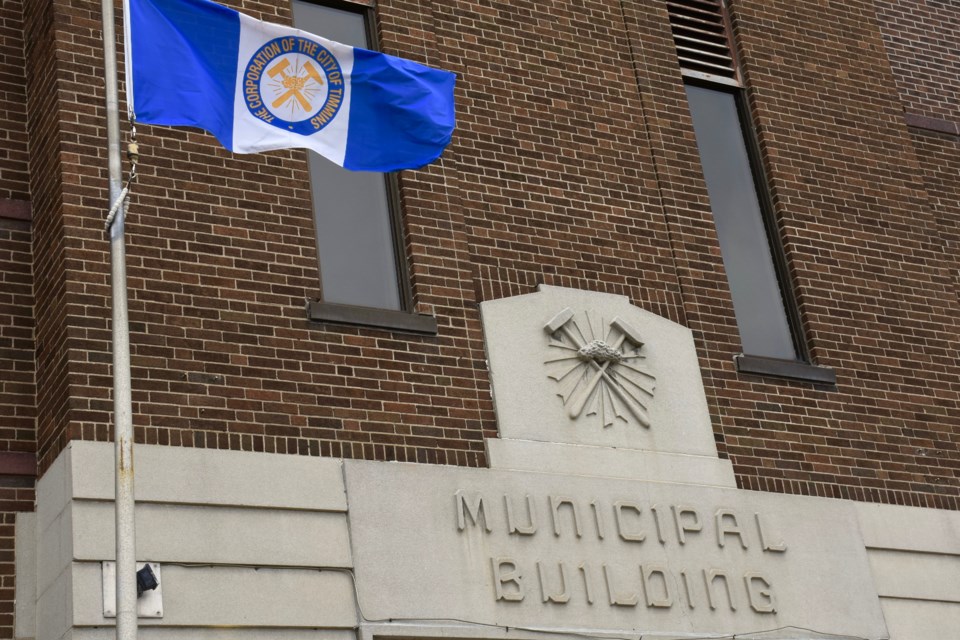TIMMINS - Local politicians will be getting down to business a little earlier.
Timmins council meetings will now start at 5:30 p.m. instead of 6 p.m.
In the last part of 2024, many meetings were more than three hours, with some lasting over four hours.
When council gave the earlier start time the go-ahead on Jan. 14, they talked about presentations sticking to time limits as well.
That, said Coun. Kristin Murray, is the real issue.
"And I find sometimes people are cut off or rushed through and others are allowed a little bit more time, so maybe if we look at ... just addressing the core issue as opposed to starting the meeting a little (earlier) I think would probably solve everything,” she said at the meeting.
The city's procedural bylaw allows for up to 10 minutes for a delegation. Eight minutes in, the clerk is supposed to tell the presenters two minutes remain and notify them again at the time limit. At the 10-minute mark, the bylaw also says the mayor or whoever's chairing the meeting should tell the person or group presenting the time is up and the presentation should immediately end.
“What I’m looking for is effective meetings, making good decisions, having good debate or conversation, but the procedural bylaw, if it says 10 minutes — that’s it, that’s all you’ve got is 10 minutes,” said Coun. Bill Gvozdanovic, who put the item on the agenda.
Mayor Michelle Boileau said there's a role for every council member to play.
“We also have to be mindful … that we have to be self-aware in the amount of time we’re taking up when posing our questions after to delegates that are here to do a deputation. Sometimes their presentation does respect the 10-minute imposed time limit, but then with the discussion that happens around the table and the questions then that’s where it could go on for much longer,” she said.
Moving the meeting start time up to 5 p.m. was also briefly discussed.
Because some councillors work until 4:30 p.m., there were concerns about when closed meetings would start if one is needed. The city's bylaw allows for closed meetings at the end of the public portion, but the in-camera sessions are typically held first. One of the benefits to the format is being able to tell a potential presenter a specific time that they're required.



